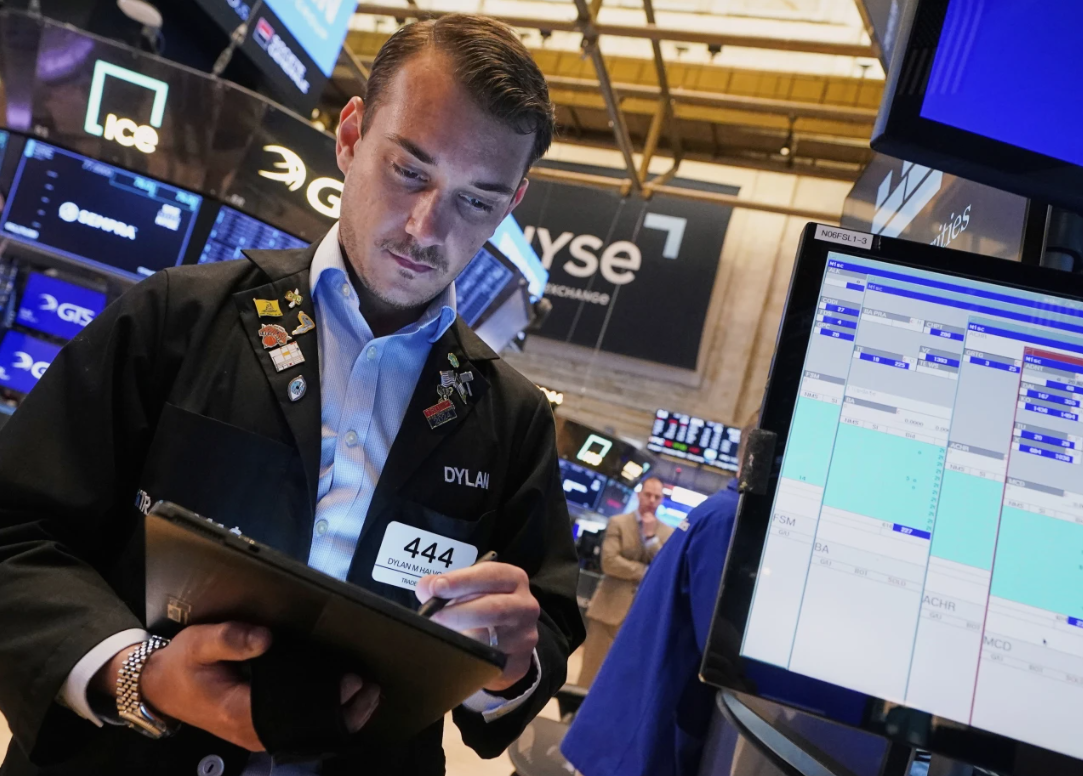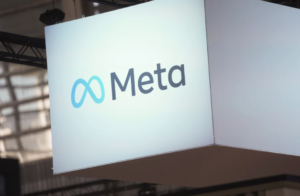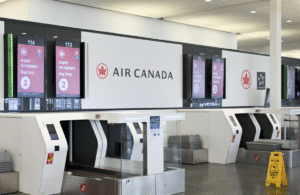Wall Street surged on Tuesday, rebounding from recent volatility driven by President Donald Trump’s shifting trade policies. This latest upswing came after Trump announced a delay in new tariffs on European Union imports.
The S&P 500 rose 1.6% in its first trading session since Trump revealed that a 50% tariff on EU goods, originally scheduled for June 1, would be postponed until July 9. On Monday, the EU’s top trade negotiator reported productive discussions with U.S. officials and reaffirmed a strong commitment to striking a trade agreement by the new deadline.
As of 11:15 a.m. Eastern time, the Dow Jones Industrial Average had climbed 529 points (1.3%), while the Nasdaq was up 2%. The indexes appeared set to recoup losses from the previous Friday, when Trump’s initial tariff announcement targeting France, Germany, and other EU nations rattled markets.
Investors are hopeful that continued talks may result in a trade deal between the U.S. and one of its largest economic partners, potentially preventing further disruption to global trade and reducing recession risks. Earlier in the month, Trump also paused tariffs on China, which had triggered an even larger market rally.
Despite the gains, caution persists on Wall Street. Although the S&P 500 has nearly returned to within 4% of its all-time high after dropping 20% last month, uncertainty remains due to the inconsistent trade policy approach. Some economists warn that the back-and-forth on tariffs could discourage spending and investment by both consumers and businesses.
Adding to the upbeat sentiment on Tuesday, a new report from the Conference Board showed a stronger-than-expected rise in U.S. consumer confidence in May — the first such increase in six months. Expectations for income, business conditions, and the job market all improved, even though overall optimism still falls short of levels typically seen ahead of economic expansions. The boost may partly reflect reactions to the recent easing of tariff tensions with China.
Among major stocks, Nvidia jumped 2.9% ahead of its earnings report due Wednesday. As one of the “Magnificent Seven” tech giants, Nvidia’s stock movements heavily influence the broader market. The company has benefited from booming demand tied to artificial intelligence, though some analysts have raised concerns about whether its stock price is overinflated.
Informatica soared 5.6% after Salesforce announced an $8 billion all-stock acquisition of the AI-focused data management firm. Salesforce’s stock also rose by 0.9%.
Overall, the gains were broad, with more than 90% of S&P 500 companies trading higher.
One notable exception was AutoZone, which declined 3.3% following a mixed earnings report for the quarter ending May 10. While revenue exceeded expectations, profits came in below forecasts. The company cited foreign exchange challenges as a headwind to its international operations, particularly due to the fluctuating U.S. dollar, which has been affected by the uncertainty surrounding trade policy.
Meanwhile, Treasury yields dipped slightly, helping ease some pressure on equities. The yield on the 10-year Treasury note fell to 4.45%, down from 4.51% late Friday. Yields had been climbing amid concerns over rising U.S. debt levels.
Bond markets in other developed nations have also experienced turbulence, especially in Japan. A recent auction of long-term Japanese bonds attracted weak demand, though sentiment improved slightly after the country’s finance ministry issued a questionnaire to investors — a move seen as an effort to stabilize the market.
Internationally, European markets advanced, while Asian markets delivered mixed results.














